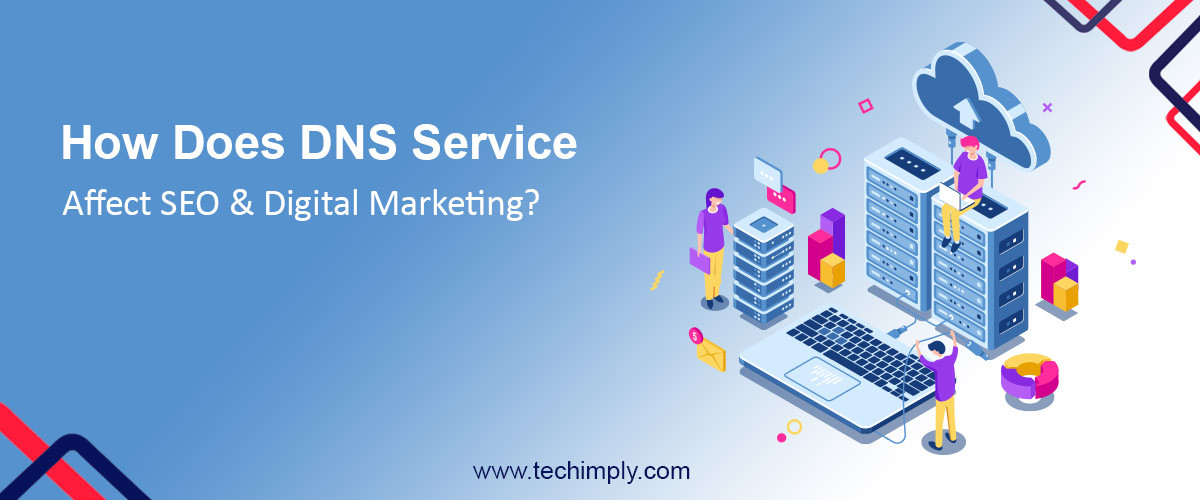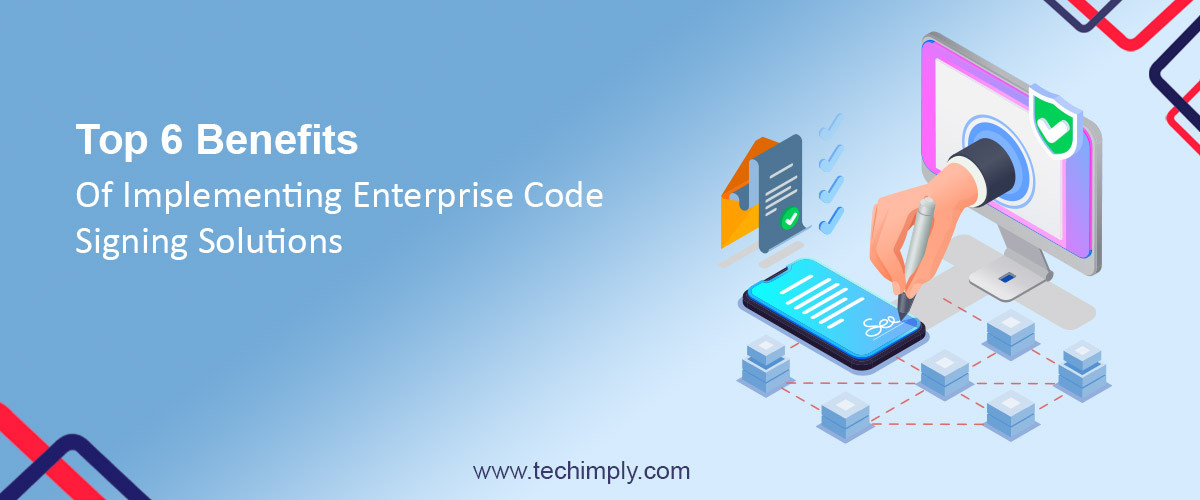Setting up a call centre for your business is not easy. It needs detailed research, thorough planning, swift execution, and effective control measures. The size & type of your call centre likewise depend on your business size and nature.
You will also need to decide the kind of operations you want to run, i.e., inbound, outbound, or both. You will also have to decide whether you want an onsite call centre with in-house agents or virtual call center software with remote agents. It will directly impact the kind of software and technology you use. Cloud Call Center Software can be on-premises, hosted, cloud-based, or browser-based; each has its own cost, deployment model, maintenance, scalability, and robustness.
Here Is Some Basic Checklist Of The Tools Required To Run A Call Centre:
-
Desktops
Computers are the heart and soul of call centre operations. Whether on-premise or cloud infrastructure, on-site or remote work environments, your call centre needs desktops or laptops. Hardware provides access to call center solution and other communication tools to handle inbound and outbound processes. It doesn't have to be a high-end model, but the computer should be reliable, reasonably fast, and efficient. The system should have:
- Operating System: Windows or macOS
- RAM capacity: 8GB or above
- Hard Disk Space: 280 GB or above
- Antivirus protection
-
Headsets
The very purpose of setting up a call centre is to enable quick query resolution, and for this, seamless conversations are essential. Depending on the nature of the issue, conversations may end in less than a minute or take more than an hour. So, every desktop should be equipped with individual USB headsets for the convenience and comfort of agents. Preferably, headsets should come with a noise-cancelling feature to ensure agents and customers aren't distracted by background noise. It's crucial to choose the 15 best headphones that don't leak sound naturally to further enhance the quality of these conversations.
-
PBX
Private Branch Exchange, or PBX, is a telephone system owned & operated by an enterprise that acts as the central switching system for phone calls within a business. An efficient PBX system supports routing, voicemail, auto attendants' music and recorded messages. A PBX utilises traditional channels like ISDN, PSTN, and GSM as well as modern channels like Voice over Internet Protocol (VoIP) to manage inbound and outbound calls. PBX phone systems are available on-premise and off-premise.
-
On-premise PBX:
The on-premise PBX system is a closed-off telephone network with all equipment installed inside an organisation. Besides traditional phone lines (ISDN, PSTN, and GSM), calls are also routed through SIP trunks. IT staff handle all updates and maintenance-related work.
- IP PBX:
IP PBX is basically an internet-based phone service used to place and receive phone calls within a fixed area like an office or a building. It allows users to share several phone lines and switch calls between VoIP users and traditional telephone users.
- Hosted PBX:
Hosted PBX, also known as cloud PBX, does not require physical hardware as the entire system is hosted virtually. Calls are routed from an IP phone through the internet to the provider’s PBX. With a SaaS subscription, businesses can have their communication systems managed, maintained, and upgraded remotely.
-
Call Recording Software
Call recording software helps supervisors keep tabs on the conversations between agents and customers and assess the quality of calls. It can be used to evaluate agent performance, identify areas for improvement, provide training support, and resolve customer disputes. Call recording can also be used to meet compliance-related guidelines and provide evidence in legal disputes.
-
Customer Relationship Management
To provide a better experience, your agents will need to understand the context in which the customer is reaching out and provide a quick resolution. With CRM software, your agents can have all the relevant information about a particular caller. This includes order history, last point of contact, and location at their fingertips. It can help a business organise and manage all customer interactions, including phone calls, call reports, and lead generation. A well-designed CRM seamlessly integrates with call centre tools and software & enables agents to communicate with customers across channels.
-
Automatic Call Distribution
Automatic Call Distribution (ACD) software performs a pivotal function in improving the efficiency and effectiveness of call facilities. Primarily designed for coping with large call volumes, ACD automates the procedure of receiving and directing incoming calls to precise agencies of terminals or retailers within an employer. This sensible routing device guarantees that every caller is rapidly related to the maximum appropriate and professional agent, optimizing the general purchaser enjoy.
In inbound call facilities, ACD proves crucial via facilitating seamless operations. The device employs skill-based totally routing, enabling calls to be directed to sellers with the applicable understanding, making sure that client inquiries are addressed directly and accurately. To streamline the process similarly, callers typically navigate through an Interactive Voice Response (IVR) machine earlier than coming into the queue. The IVR acts as a initial clear out, amassing vital facts and guiding callers to the best branch or carrier.
By automating name distribution and imposing talent-based routing, ACD now not handiest contributes to operational efficiency however also considerably improves customer pride. The capacity to connect callers with the proper sellers expeditiously guarantees that problems are resolved rapidly, fostering a fantastic consumer enjoy and strengthening the general effectiveness of the decision center.
-
Interactive Voice Response
IVR technology allows a customer to interact with a business anytime. IVR is an automated business phone system feature that interacts with humans through voice & DTMF tones. It gathers information by giving them choices via a menu. With CTI and CRM Software integration, IVR can instantly recognise your caller and route or answer calls accordingly. IVR systems are a powerful way to guide your customers to the right contact centre agent and maximise customer satisfaction. An efficient self-service IVR can triple your call handling capacity while enabling four times faster response times.
-
Call Centre Analytics And Reporting
Call centre analytics are crucial to call centre operations. It can help you evaluate how well your call centre performs against set KPIs. The software can provide data on call volumes, wait times, issue resolution rates, and other metrics. An effective analytics software gathers all the relevant data and presents it in the simplest way possible.
Through in-depth data analysis, call centre analytics can help call centre managers discover, interpret, and communicate patterns to devise new strategies, make data-driven decisions, and deliver superior customer experiences. Also, real-time reporting provides an overarching view of how your call centre performs and engages with customers.
-
Auto Dialers
With autodialer software, you can quickly dial down a list of contacts and connect them to a sales executive, a call centre agent, or play a pre-recorded message to them. Auto dialers are available as SaaS (software as a service) solutions that can be set up in minutes with zero installation costs. There are four types of dialers:
- Power Dialers
A power dialer dials one phone number after the next, sequentially. It skips unanswered busy tones to connect agents to live contacts. Once the current call ends, it automatically dials the next number.
- Predictive Dialers
A predictive autodialer dials multiple customers instantly by dialling various numbers. Agents are connected only once a call is answered. It uses an algorithm that estimates the probable time the agent will complete the ongoing call & places the next call in the queue.
- Preview Dialers
Preview dialers allow call centre agents to preview customer data profiles and history to understand requirements before initiating a call. Preview dialers are better suited for smaller call volumes and more detailed or complex cases.
- IVR Dialers
IVR dialers "blast" messages to a contact list. It works like other dialers, except that it connects the contact to an IVR message instead of a call centre agent.
Conclusion
Running a friendly, efficient, and reliable call centre requires a variety of tools and resources. As a business, you need to ensure that your agents have access to all the essential call centre tools to run successful operations. By empowering your customer service agents, you can improve the customer experience, reduce complaints, resolve customers’ issues, and inspire loyalty.



 Providers.jpg)

